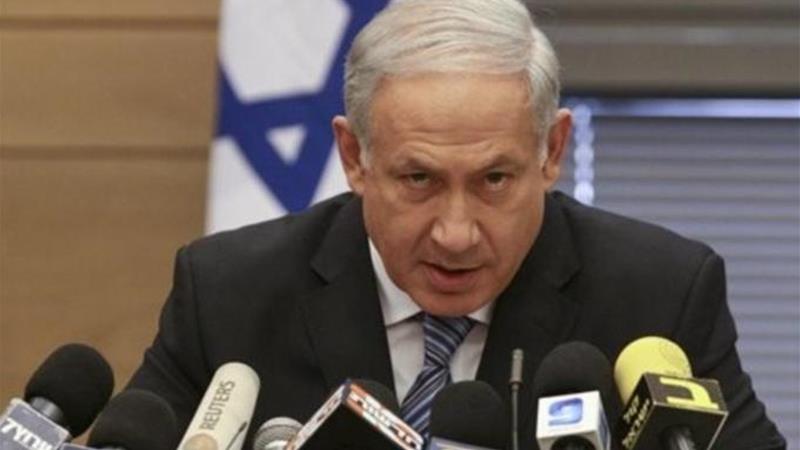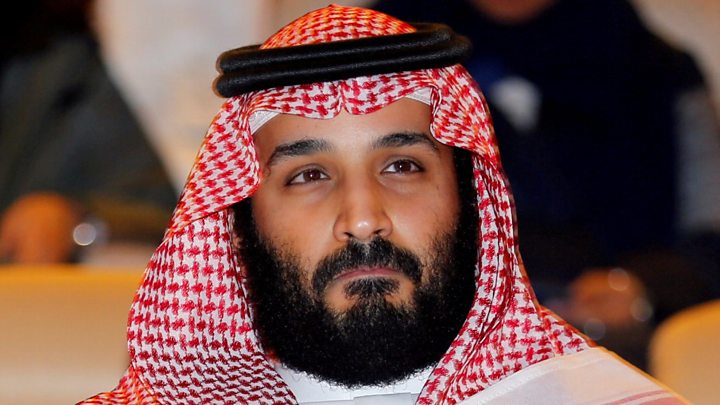|
ISRAEL’S Prime Minister Benjamin ("Bibi") Netanyahu faces four serious accusations of corruption. Police suspect him of accepting $300,000 worth of gifts over 10 years and of colluding with media tycoons to win favorable press coverage. Then there was an aide who tried bribing a judge to sidetrack a court case against Netanyahu’s wife, Sara.
On 13 February 2018, the police recommended that the state prosecutor should indict Netanyahu. They said enough evidence exists for charges of bribery, fraud, and breach of trust in the two main cases. Case 1000 probes Netanyahu's acceptance of large benefits from businessmen. These include Hollywood producer Arnon Milchan and Australian tycoon James Packer. Case 2000 details a deal he made with Arnon Mozes, publisher of the dominant Yediot Ahronot newspaper group. Netanyahu would advance legislation to weaken Yediot's competitor Israel Hayom, in return for favorable coverage. The defiant prime minister insists the allegations are baseless and he will remain in office. This is not Netanyahu’s first recent brush with scandal. In 2016, accusations swirled around him over a conflict of interest in a contract with Germany for new submarines and naval vessels. As he now pushes back against the charges, the question is whether the legal authorities can end his premiership by prosecution. Israel is a democratic oasis in a region roiled in conflict. Any undermining of the Jewish state's stability could rock an already shaky Middle East. Our sources have long reported a network of secret relationships between Israel and its Arab neighbors. Bibi has fostered contacts with Saudi Arabia, with whom Israel shares a fear of an expansionist Iran. Out of the public eye, there is also close cooperation with Egypt and Jordan, who have peace treaties and diplomatic relations with Israel. Covert agreements with Israel, despite stark religious and political differences, serve these stable regional states well. They are still reeling from the earthquake of the failed Arab Spring uprisings of 2011. They would never admit it, but these regimes would view a derailment of the Israeli state as a regional disaster. Analysts wonder if Bibi’s potential fall could spark something akin to civil war in a divided Israel. It seems unlikely, but with fracture lines appearing in so many solid Western democracies, observers are not complacent. Most Israeli analysts are still confident that justice can be served without running the ship of state aground. But others see the rampant corruption at the top as an alarming warning shot across the bow.
1 Comment
OUT of the blue, Saudi Crown Prince Mohammed bin Salman (MbS) ordered the arrest of a swathe of the country’s elite. He herded detained princes, ministers and businessmen into Riyadh’s Ritz Carlton hotel.
MbS explained this arrest of 500 people and freezing of more than 2,000 bank accounts, in November 2017, as “a crackdown on corruption”. Among the “guests” held at the plush Ritz prison was Prince al-Waleed bin Talal. Worth $18.7 billion, he is the wealthiest man in the Middle East. He has holdings in Twitter, Citigroup, Plaza Hotel, Uber’s rival Lyft, and other corporations. The Saudi authorities said they had identified $400 billion in assets linked to corruption. Bin-Talal alone paid a whopping $6 billion for his eventual release. So what was behind this surprise attack that MbS launched on the Saudi establishment? Some accepted it as a genuine assault on corruption. Others said the aim was to shovel more than $100 billion into the state’s coffers. Cynics, including this blog, think the purge was nothing more than a show of power by MbS, as he ascends to the throne. Apologists for him argue that the crown prince is a force for good. He is tackling corruption, enhancing women’s rights, and combating extreme Islamists. He has pure intentions. Really? For three years MbS has managed the Saudi-led campaign against rebel forces in Yemen. The war has killed an estimated 4,770 civilians and injured 8,270 more. A Saudi naval blockade of Sana’a has left tens of thousands starving, including children. MbS owns a $300 million chateau and a $550 million yacht that he bought on a whim from a Russian billionaire. Recently, he was the mystery buyer of a $450 million Leonardo da Vinci painting. So is MbS a reforming angel who cares about curbing expenses and purging corruption? No, we think not. There's nothing to see here. |


 RSS Feed
RSS Feed
